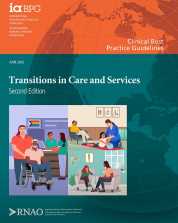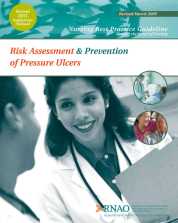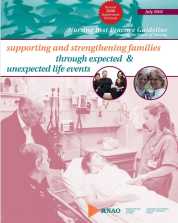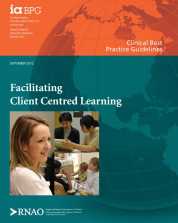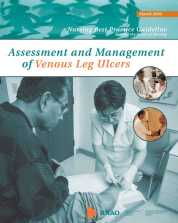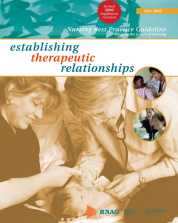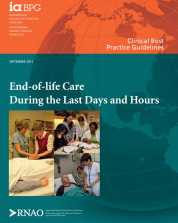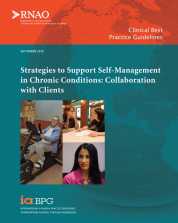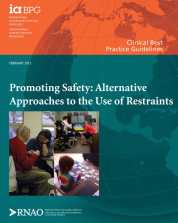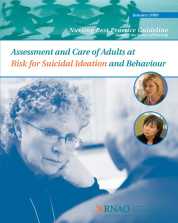The purpose of this best practice guideline (BPG) is to provide evidence-based recommendations for nurses and members of the interprofessional team, organizations and the health system. These recommendations support safe and effective transitions in care for pediatric and adult persons and their support network.
The purpose of this best practice guideline (BPG) is to assist nurses who work in diverse practice settings to identify adults who are at risk of pressure ulcers. This guideline further provides direction to nurses in defining early interventions for pressure ulcer prevention, and to manage Stage I pressure ulcers.
The purpose of this best practice guideline (BPG) is to assist nurses in promoting family health through interventions and supports provided during expected as well as unexpected life events. Expected life events may include birth, school, adolescence, aging, and death, while unexpected life events may include trauma/accidents, chronic illness, developmental delay and disability.
The aim of this best practice guideline (BPG) is to provide evidence-based recommendations for Registered Nurses, Registered Practical Nurses and other health-care providers to facilitate client-centred learning that promotes and enables clients to take action for their health.
The purpose of this best practice guideline (BPG) is to:
• improve outcomes for venous leg ulcer clients,
• assist practitioners to apply the best available research evidence to clinical decisions, and
• promote the responsible use of healthcare resources.
The purpose of this best practice guideline (BPG) is to address the therapeutic relationship and its central importance to nursing practice. Effective nursing practice is dependent on an effective therapeutic relationship between the nurse and the client. The guideline addresses the qualities and capacities of an effective therapeutic relationship, the state of knowledge, and the knowledge needed to be effective in a therapeutic relationship.
The purpose of this best practice guideline (BPG) is to provide evidence-based recommendations for registered nurses and registered practical nurses on best nursing practices for end-of-life care during the last days and hours of life.
The purpose of this best practice guideline (BPG) is to provide evidence-based recommendations for registered nurses and registered practical nurses in self-management support. These recommendations identify strategies and interventions that enhance an individual’s ability to manage their chronic health condition.
The purpose of this best practice guideline (BPG) is to provide evidence-based recommendations for registered nurses (RNs) and registered practical nurses (RPNs) related to the care of individuals who are at risk for behaviours that may result in harm to self/others and lead to the possible use of restraints (physical, chemical, environmental). Unless otherwise indicated in the guideline, the discussion focus is on physical restraint.
The purpose of this best practice guideline (BPG) is to provide nurses with recommendations, based on the best available evidence, related to the assessment and management of adults at risk for suicidal ideation and behaviour.
